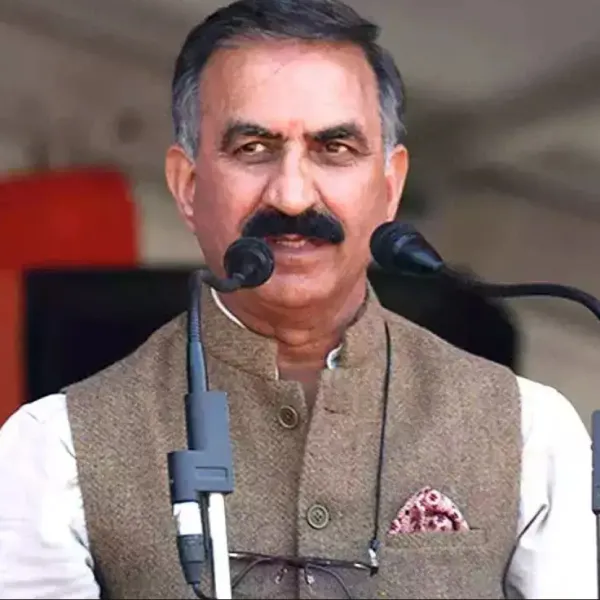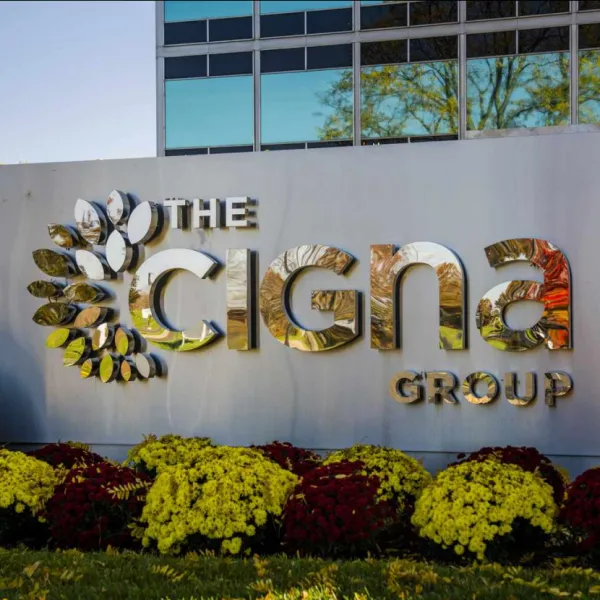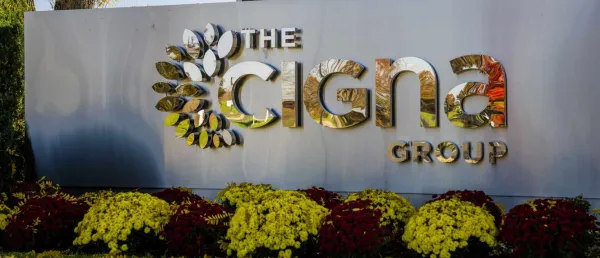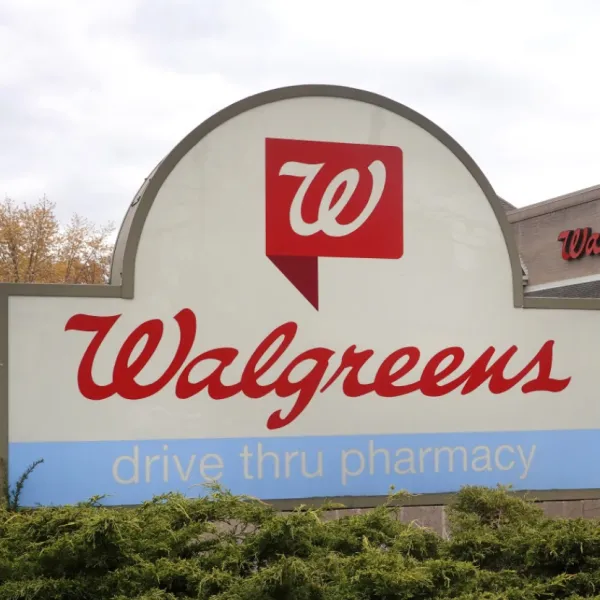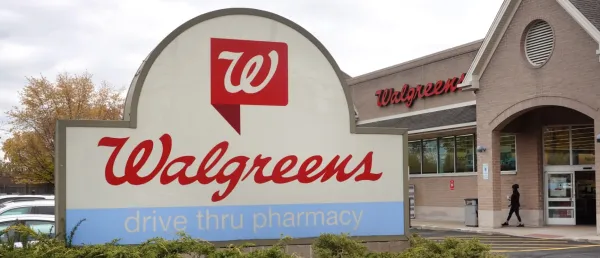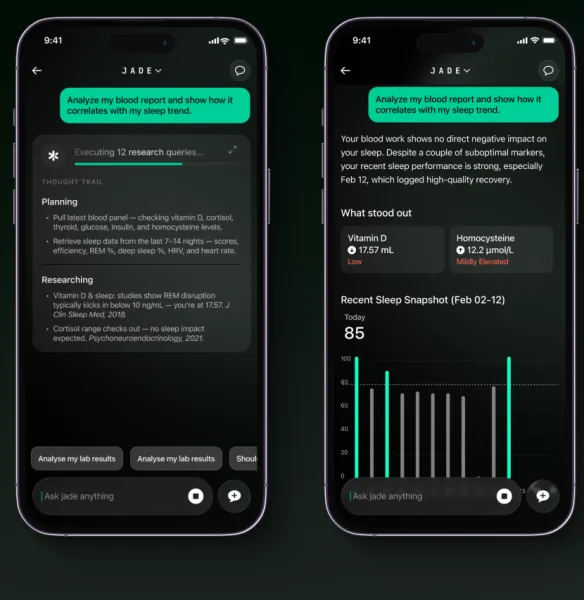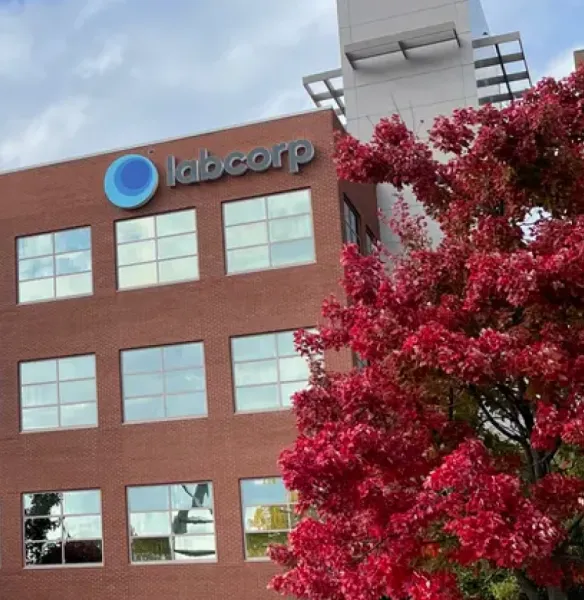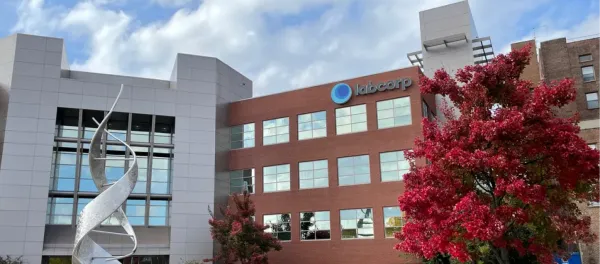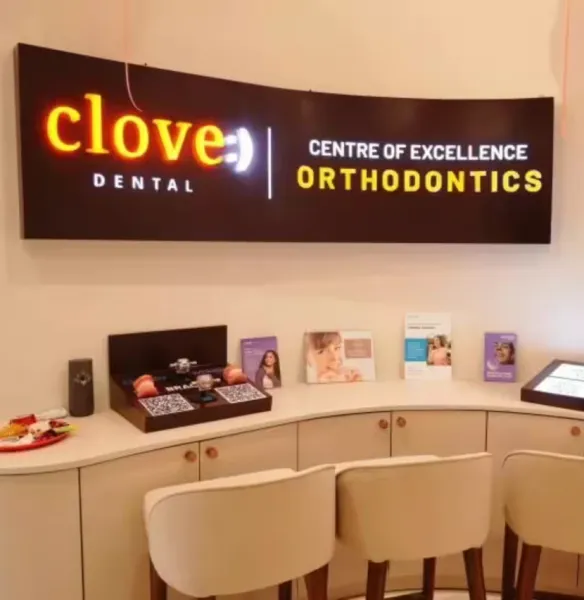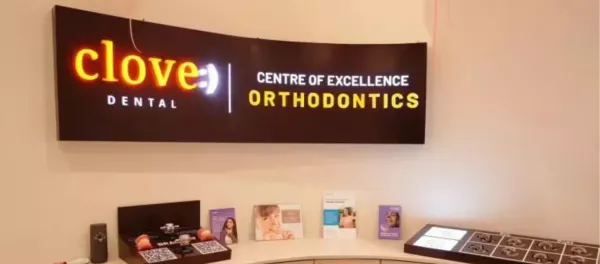KGH to Establish INR 35 Cr Casualty Block to Enhance Emergency Care

The block will feature advanced surgical facilities and diagnostic equipment, including CT and MRI imaging, to support a range of medical specialties, such as general surgery, orthopedics, and neurosurgery.
King George Hospital (KGH) in Visakhapatnam is set to invest INR 35 Cr in a new casualty block to improve emergency care services.
The block, which a public sector undertaking will fund, will feature advanced surgical facilities and diagnostic equipment, including CT and MRI imaging, to support a range of medical specialties, such as general surgery, orthopedics, and neurosurgery.
The new block is expected to be near the hospital’s entrance to enhance accessibility for urgent care patients. The emergency operation theatres within the block will be equipped to handle critical cases, enabling immediate intervention for life-threatening conditions.
The initiative aims to address the growing demand for emergency services and improve the hospital's capacity to respond to medical emergencies efficiently.
Improving Healthcare Infrastructure in Coastal Andhra Pradesh
KGH is a vital healthcare provider for patients across north coastal Andhra Pradesh and nearby regions such as Odisha and Chhattisgarh.
The hospital has been at the forefront of managing various emergency situations in 2024, including a major food poisoning incident in Kotauratla, Anakapalli district, which affected 42 students and led to three fatalities.
KGH also managed victims from an industrial gas leak at Escientia Pharma, carrying out post-mortem examinations for the 12 individuals who lost their lives in the incident.
Dr P Sivananda, Superintendent of KGH, said, “The new casualty block will strengthen our emergency response capabilities and ensure that we can continue to provide timely and critical care to the increasing number of needy patients.” He further emphasized that the proposed block would be equipped with state-of-the-art facilities to handle a variety of medical emergencies effectively.
Introduction of Advanced Cancer Treatment with LINAC Machine
In addition to the new casualty block, KGH has planned to introduce a linear accelerator (LINAC) machine in its radiotherapy wing. The machine, expected to cost INR 16 Cr, will significantly enhance the hospital's ability to provide targeted cancer treatment.
The LINAC machine is designed to focus on destroying cancer cells while minimizing damage to the surrounding healthy tissue.
Dr. Sivananda explained the importance of the new equipment, stating, “The introduction of the LINAC machine will allow us to offer more precise and effective treatments for cancer patients, ensuring better outcomes by targeting the malignant cells more accurately.”
Cost of Hemophilia Treatment
KGH is also undertaking a pilot study in its pediatric department to treat hemophilia inhibitor patients using Emicizumab, an innovative drug that mimics the function of factor 8 in blood clotting.
Traditional treatments often become ineffective in patients who develop inhibitors after repeated therapies. Emicizumab provides a more effective alternative and is easier to administer. Dr Sivananda shared that the treatment cost for a single patient could reach INR 26 lakh annually.
“However, the government is subsidizing the treatment for two patients, providing free medication worth Rs 52 lakh,” he said. The therapy aims to prevent severe complications such as shock, intracranial hemorrhage, and joint damage.
To improve patient care further, KGH has also implemented helpdesks across departments and established counseling rooms for families of ICU patients. These services aim to provide patients' families with necessary updates and information on their loved ones’ treatment progress and prognosis.
Stay tuned for more such updates on Digital Health News









